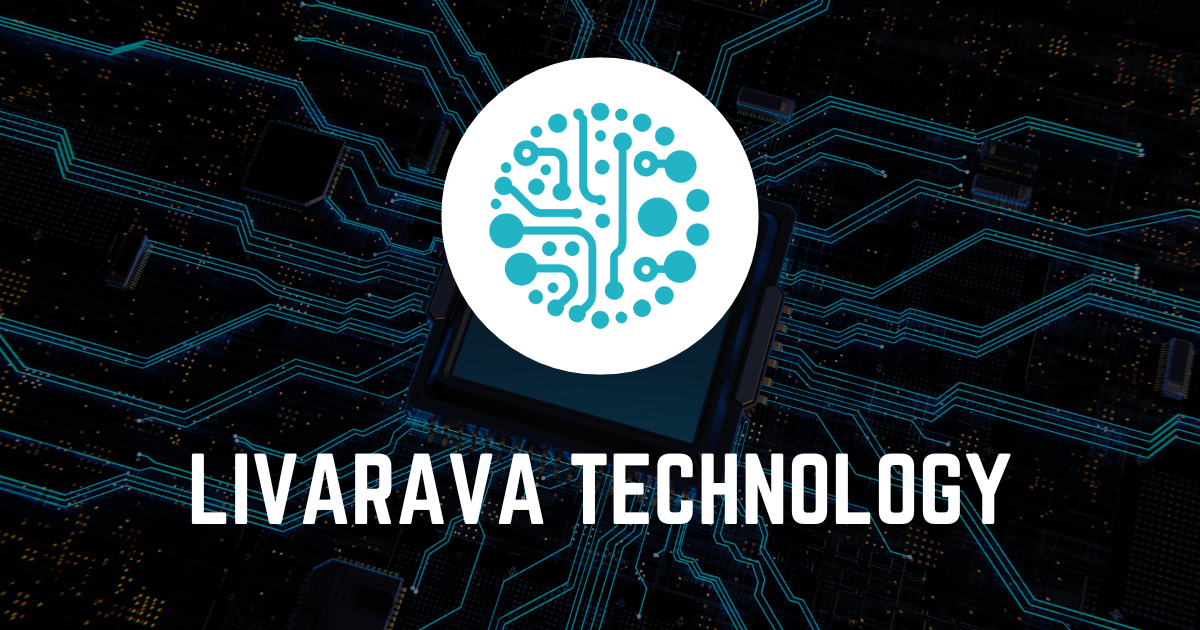Understanding Energy Loss in Quantum Computing Materials

Introduction
Scientists from Yale University and the U.S. Department of Energy's (DOE) Brookhaven National Laboratory have developed a systematic approach to understanding how energy is lost from the materials used in quantum computing.
Key Findings
- Energy Loss Mechanisms: The research identifies the specific mechanisms contributing to energy losses in quantum materials.
- Impact on Efficiency: Understanding these losses is vital for enhancing the efficiency of quantum computing systems.
- Future Implications: The findings have significant implications for the development of more reliable and powerful quantum technologies.
Conclusion
By systematically studying the sources of energy loss, researchers are taking a solid step toward optimizing quantum computing. This work is essential for overcoming existing obstacles and achieving greater efficiency in quantum systems.
This article was prepared using information from open sources in accordance with the principles of Ethical Policy. The editorial team is not responsible for absolute accuracy, as it relies on data from the sources referenced.